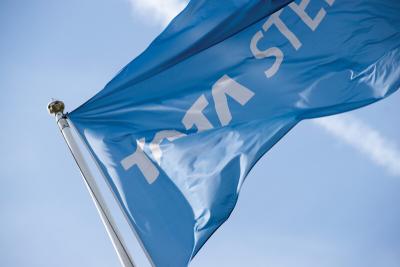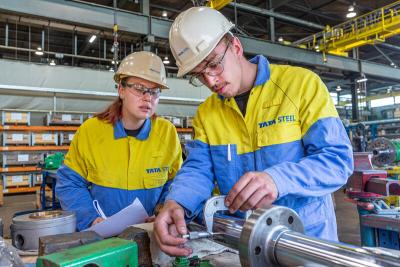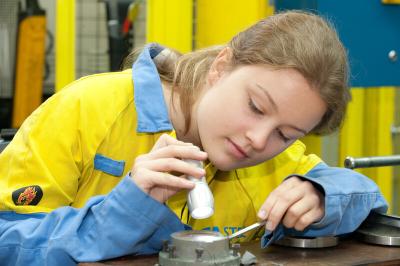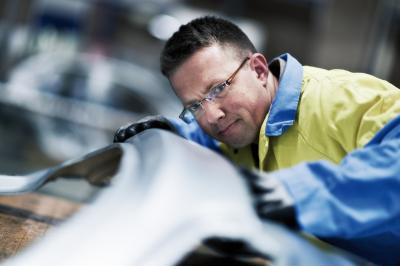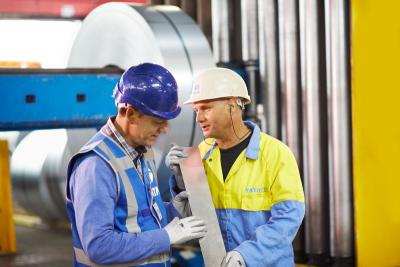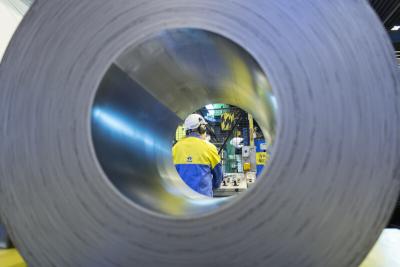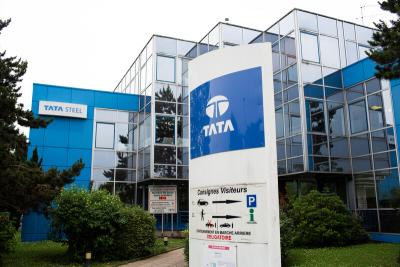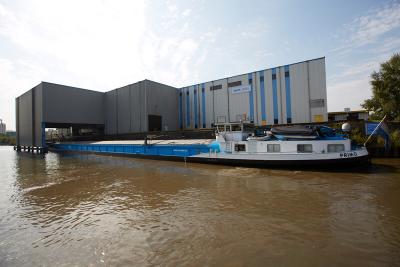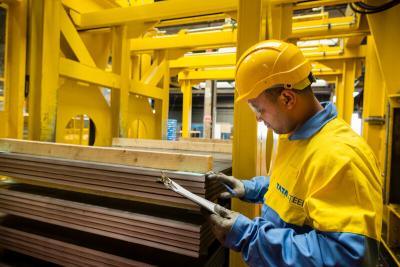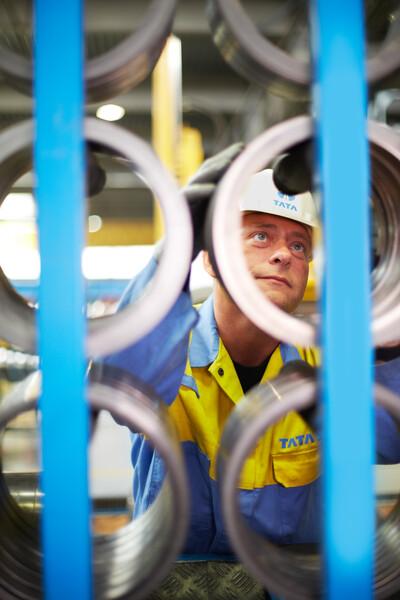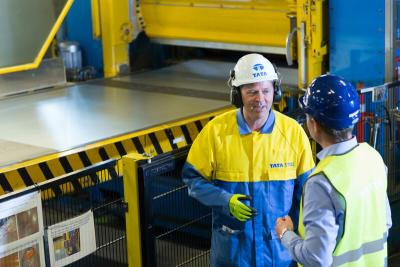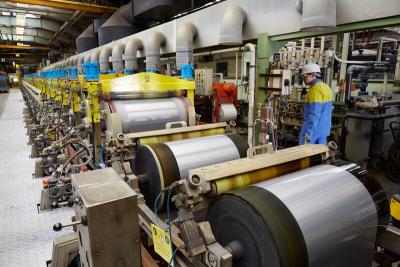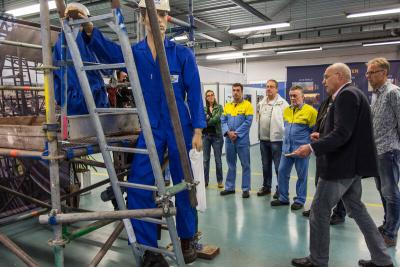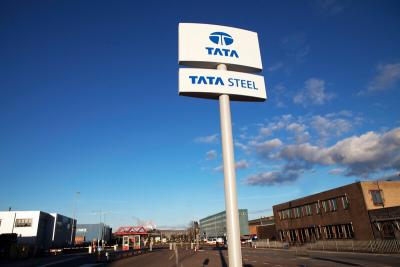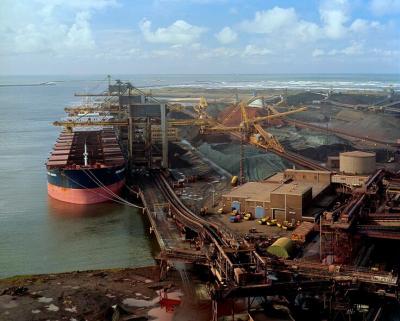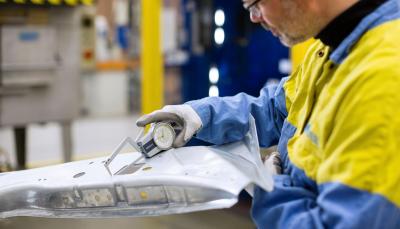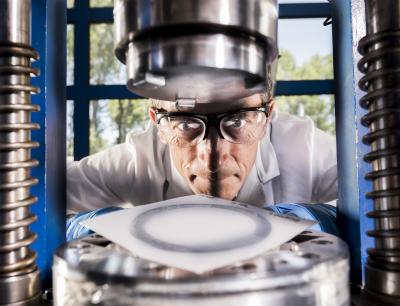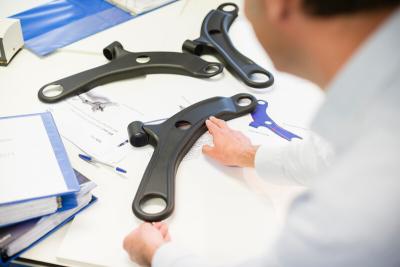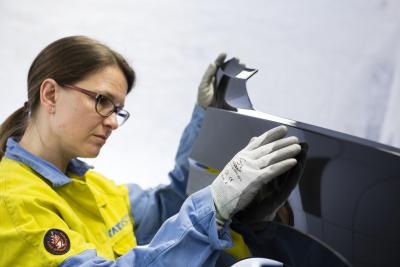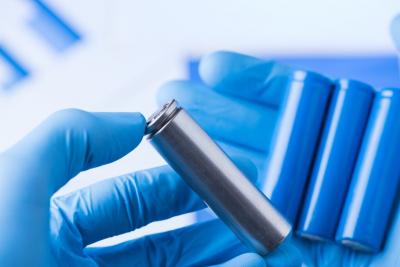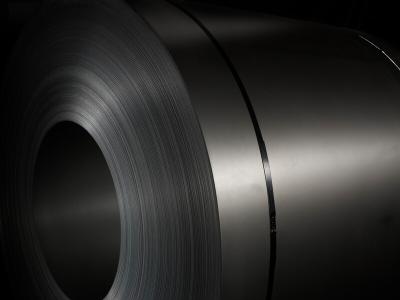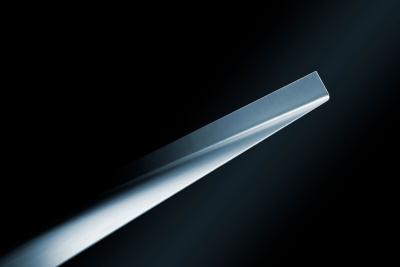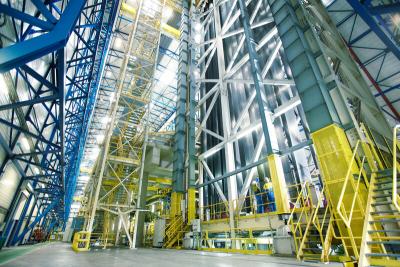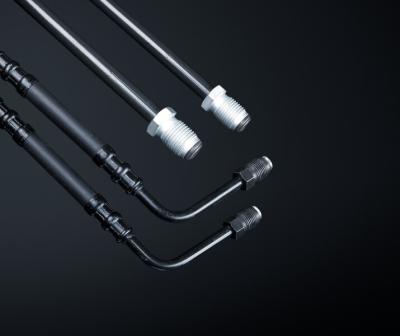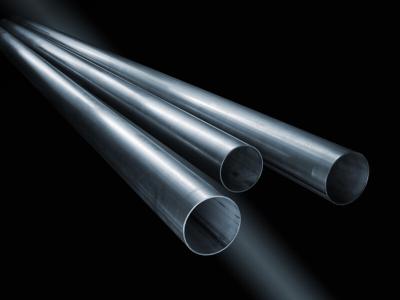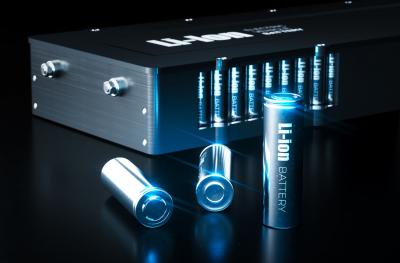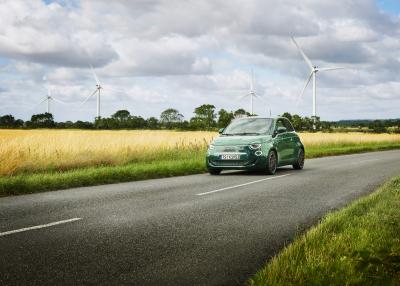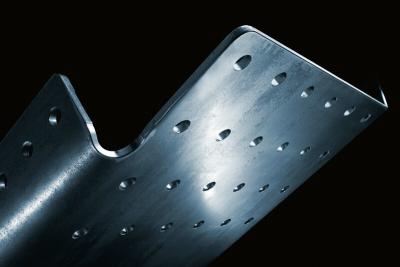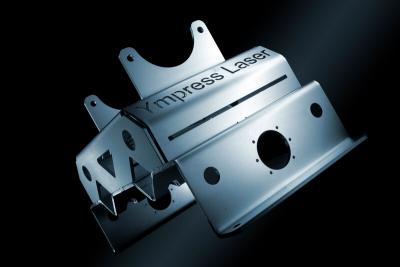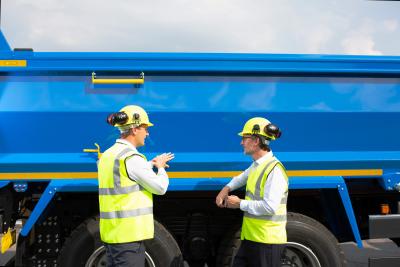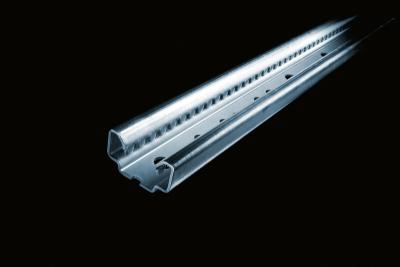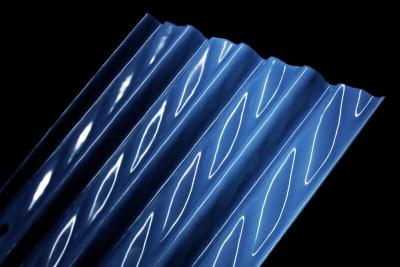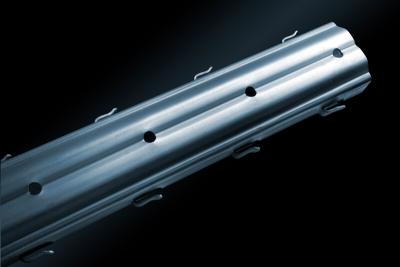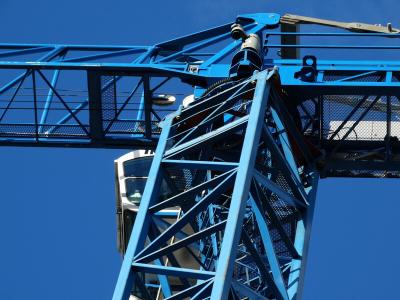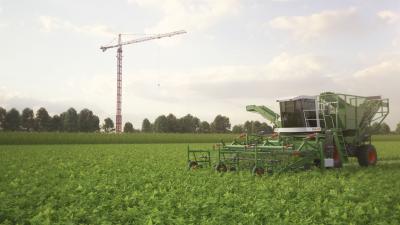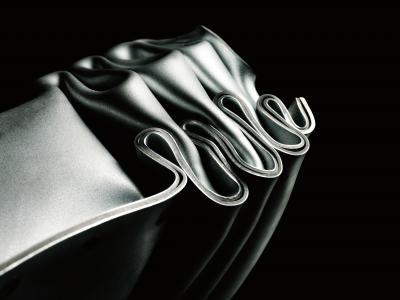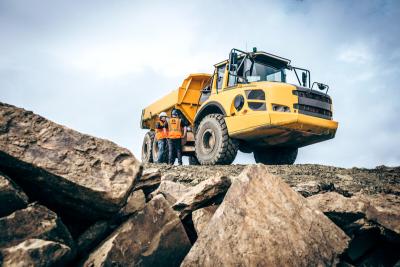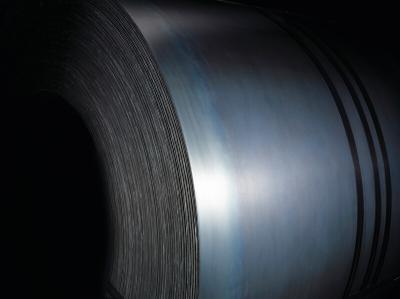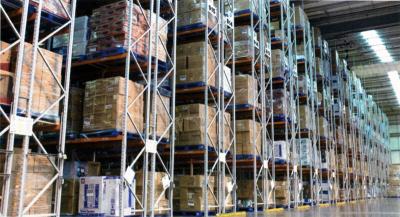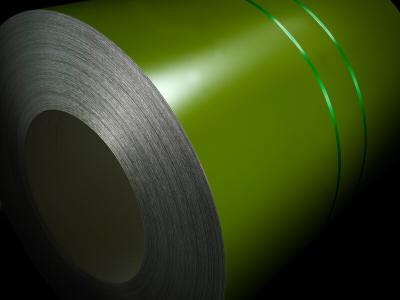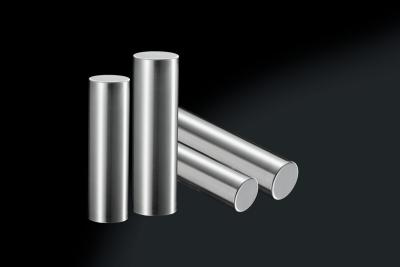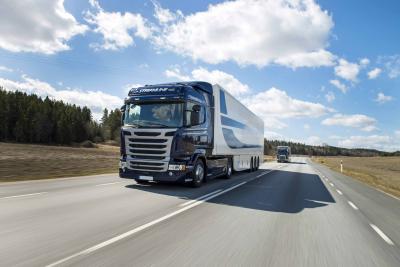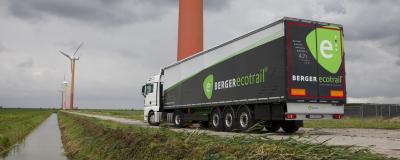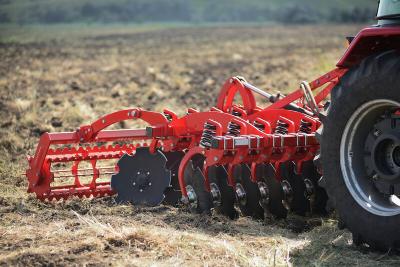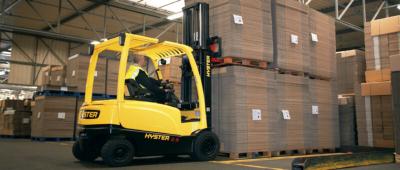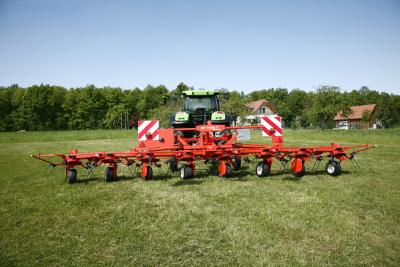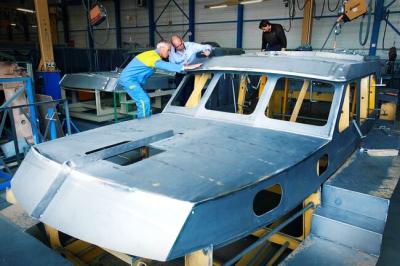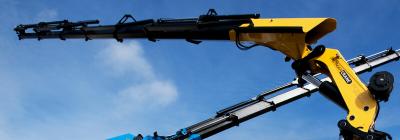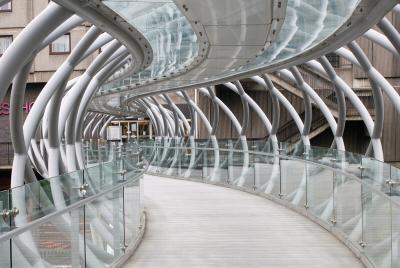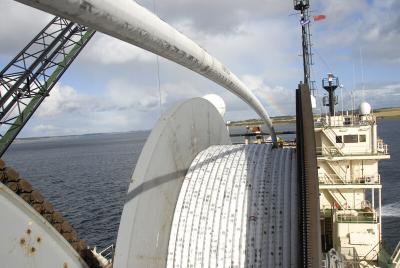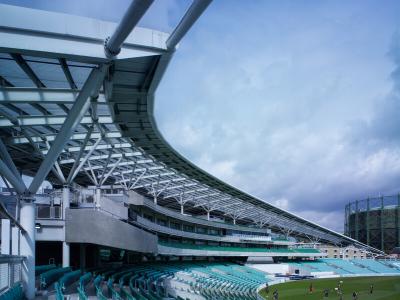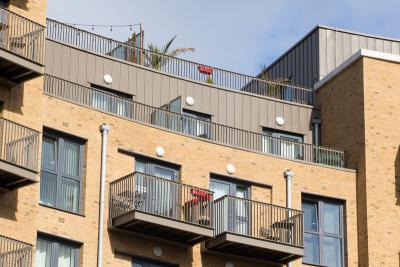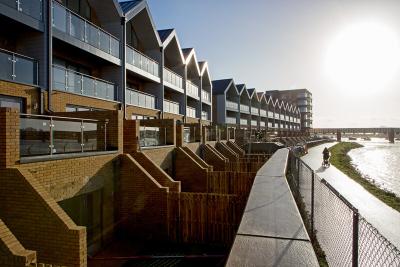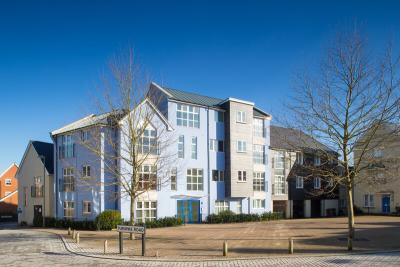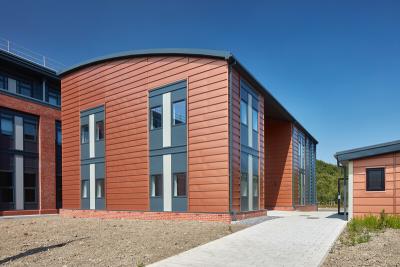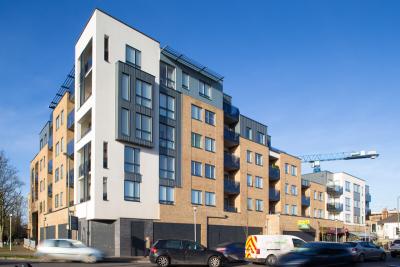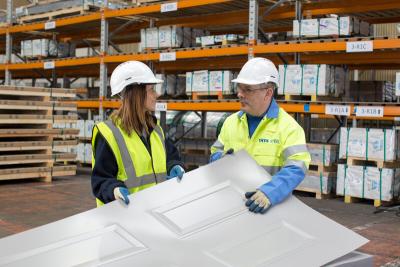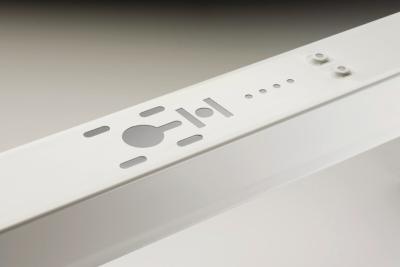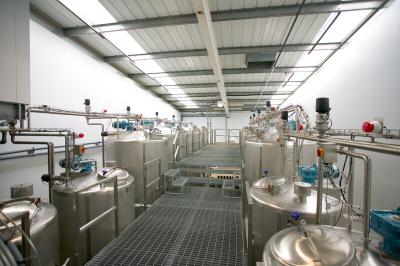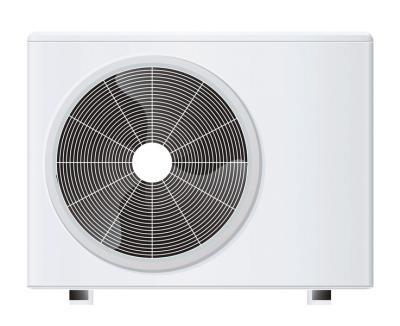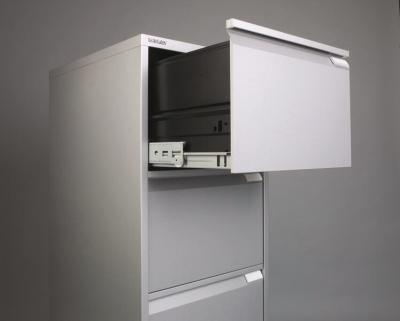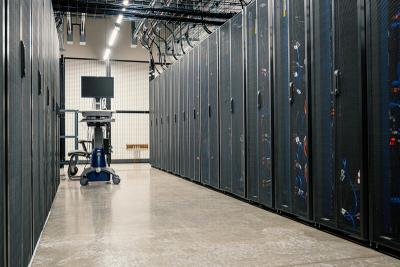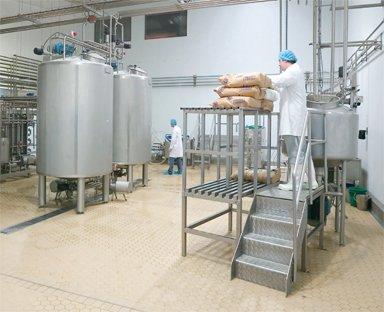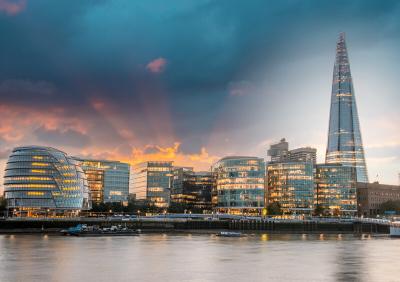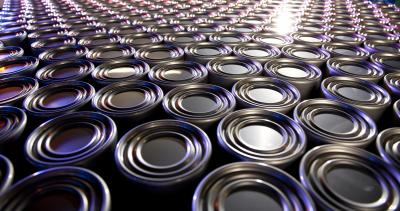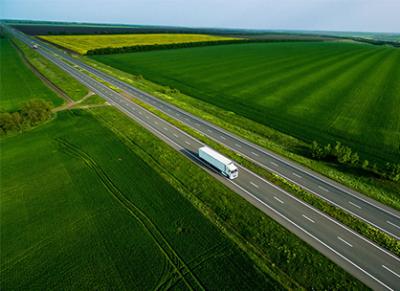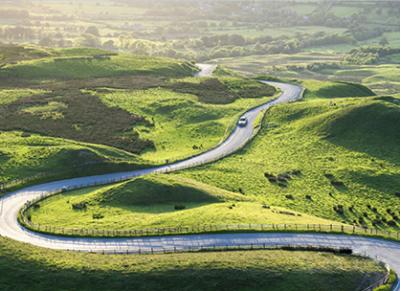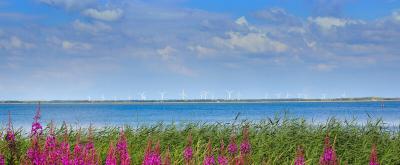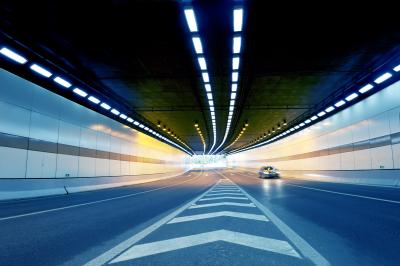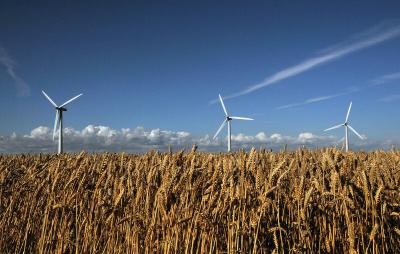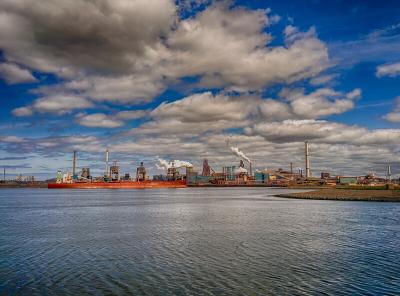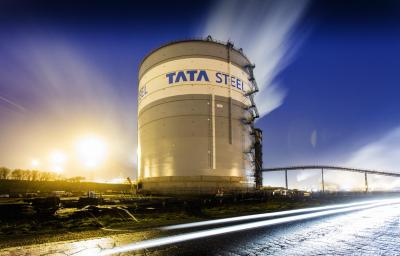Senior executives from Tata Steel have appeared in front of a House of Commons’ Welsh Affairs Select Committee session to answer questions on plans for the future of the steel industry in Wales and the company’s proposed transformation from ore-based steelmaking through blast furnaces to scrap-based steelmaking using electric arc furnace technology.
Tata Steel Group’s CEO and Managing Director, TV Narendran, attended the committee hearing along with Tata Steel UK CEO Rajesh Nair.
Explaining the recent announcement to restructure the UK business, Mr Narendran said: “The business was not generating any money at all for us to reinvest, and we had already put in a lot of money. The reason we are able to invest this money is because we are profitable in India. But the question we are being asked is ‘how much more money will you put into a business which is not giving you any returns?’. But we've done it because we, along with our colleagues, have tried hard to make it work. But somewhere we have to take a call because this level of losses is not sustainable.
He added: “The assets are coming to the end of their life. There is now an opportunity to invest in a process which is greener and more sustainable. We need to create a business that is sustainable at the other end of the transition.”
There is now an opportunity to invest in a process which is greener and more sustainable
Questioned on whether electric arc furnace steelmaking is the right technology to continue to supply the company’s markets, Mr Narendran replied: “Electric arc furnace technology has been evolving over the last few years. Today 70% of the steel produced in the US is through electric arc furnaces, so it's not that they are a new technology, it's not that they are not used to make high-end steels. The most valuable steel company in the world, Nucor makes pretty much all its steel through electrical arc furnaces.”
The most valuable steel company in the world, Nucor, makes pretty much all its steel through electrical arc furnaces
And on the topic of needing to temporarily bring in steel from overseas, he said: “The reason why we are bringing steel not just from India, the Netherlands or anywhere else, is so that we can run our downstream units during the interim - we can keep our customers serviced. The last thing we want is … to create uncertainty in the minds of the customers that they will not get the products, or in our downstream units where there are 4000 people working that there is some uncertainty.
Discussing the potential future role of steel as the centre of a green industrial hub, Mr Nair said: “The transition board is chaired by the Secretary for Wales and co-chaired by the Minister of Economy for Wales. It has two workstreams: one is People & Skills, and another on Place and Regeneration, which will take care of the larger ecosystems… we hope to use all our skills and people to enable that to happen.”
Mr Narendran added: “Having some experience in building steel plants we know that creates a lot of activity, you need fabricators, welders and so on… that’s an area where we will work closely to help reduce impact from the transition.”
Mr Nair concluded: “Our attendance was important to provide MPs with a clear understanding of why Tata Steel has announced its proposed restructure and transformation plan.”
Their presence followed questioning of trades union representatives: Alasdair McDiarmid, Assistant General Secretary at Community; Charlotte Brumpton-Childs, National Officer for Steel at GMB; and Nick Kardahji, Bargaining & Investigative Researcher at Unite
And following the questioning of Tata Steel executives, the select committee went on to hear evidence from Vaughan Gething, MS Minister for Economy at the Welsh Government and Rt Hon David T C Davies, MP Secretary of State for Wales.
In a message to employees, Mr Nair said: “We will continue to engage constructively with key political stakeholders and address common misconceptions that have arisen since we made our announcement. We will also continue to communicate the vision of Tata Steel’s sustainable steelmaking future in the UK and our long-term commitment to the steel industry in South Wales.”

The Welsh Affairs Select Committee is responsible for scrutinising the expenditure, administration and policies of the Wales Office, and the policies of the UK Government that have an impact in Wales. Its members included Stephen Kinnock MP, Sarah Atherton MP, Dr James Davies MP, and Mark Tami MP.
About Tata Steel UK
- The Tata Steel Group has been named one of the most ethical companies in the world, and is among the top producing global steel companies with an annual crude steel capacity of 34 million tonnes.
- Tata Steel in the UK has the ambition to produce net-zero steel by 2045 at the latest, and to have reduced 30% of its CO2 emissions by 2030.
- Tata Steel is the largest steelmaker in the UK with primary steelmaking at Port Talbot in South Wales supporting manufacturing and distribution operations at sites across Wales, England and Northern Ireland as well as Norway, Sweden, France and Germany. It also benefits from a network of international sales offices around the world.
- Tata Steel employs more than 8,000 people and has an annual crude steel capacity of 5 million tonnes, supplying high-quality steel products to demanding markets, including construction and infrastructure, automotive, packaging and engineering.
- Tata Steel Group is one of the world's most geographically-diversified steel producers, with operations and a commercial presence across the world.
Follow us on social media



